The Big Reason Americans Think Biden’s Economy Stinks! -- FULL ARTICLE FROM FORBES
 Sunday, March 17, 2024 at 07:44PM
Sunday, March 17, 2024 at 07:44PM 
David Kent wouldn’t mind moving out of his longtime home in Charleston, South Carolina. The kids are grown and gone, and downsizing is appealing. But Kent, a realtor, is locked into what he calls “golden handcuffs” – an enviable interest rate of 2.35% on his 15-year mortgage. If he were to sell, he’d have to buy somewhere else, and his rate would climb into the range of 7%. He’s not going anywhere.
“We’ve never seen disparity like this,” says Kent, owner of The Real Buyers Agent with 29 years of real estate experience. “The natural real estate cycle has been disrupted.”
Economists, policy makers, politicians and market watchers baffled by downbeat public sentiment on what they see as a resurgent post-pandemic economy need to look no further than residential real estate. The data sounds like a cry for help: homes have never been more expensive and the number of properties on the market – what the industry calls inventory – is close to an all-time low. According to Freddie Mac, 30-year mortgage rates have already come down to 6.88% from a 23-year high of 7.79% in October, but there’s been little or no accompanying uptick in sales, and even if rates declined further, it wouldn’t necessarily juice the market in time for the November election. That’s because millions of homeowners are waiting for the return of the glory days of 2.35% to pack up their things and move to a new house.
“The problem is we have an entire generation that got used to 2.5%-to-5% interest rates,” says Dave Liniger, who’s been tracking the ebbs and flows for 55 years and is cofounder of Re/Max, which boasts 140,000 agents in 9,000 offices worldwide. “It will take several years for people to realize there isn’t any such thing as free money anymore.”
There are increasing signals that the difficulty of buying a house could be an issue in the election between President Joe Biden and former president Donald Trump. Despite the lowest unemployment rate in 54 years and a stock market that’s been setting records, Trump is seen by voters as better at handling the economy, 39% to 33%, according to a February Reuters/Ipsos poll. Though the overall inflation rate has cooled, it remains a big part of voter dissatisfaction with Biden, and housing costs, in particular, stand out.
Nearly eight in ten Americans said 2023 was a bad time to buy a house, the highest number since Gallup started posing the question in the 1970s. And more than half of Americans say housing affordability will affect how they vote, according to a February poll of 3,000 homeowners and renters for real estate data provider Redfin. That’s bad news for Biden. Just 38% of the homes sold in the last half of 2023 were within the financial reach of a family earning the U.S. median income of $96,300, according to the National Association of Home Builders, the worst since the organization started tracking the statistic in 2012. According to the Redfin poll, nearly two-thirds of Americans say the inability to buy casts Biden’s economy in a negative light.
Most renters have little faith in their ability to purchase a home. Just 18% of renters who told the National Multifamily Housing Council last year they aspired to one day buy are actively looking, down from 21% in 2021. Meanwhile, they’ve endured an average 30% jump in rents since before the pandemic, according to Zillow.
Apparently, the President has gotten the message. Last week, he proposed tax credits of up to $10,000 for first-time buyers and for sellers of so-called starter homes. He also unveiled a plan to build more than two million new homes.
Experts say a rate reduction of even a percentage point would provide a psychological boost that might trigger a flow of sales. But the Federal Reserve appears reluctant to accommodate, and bad news on inflation this week pushed back economists’ estimate of the earliest date for a cut to June. A cut would show that rates are headed in a downward trajectory, Liniger says, and when that happens he’d advise buyers to take the plunge in hopes of refinancing later into a less expensive interest rate.
At the Bozeman Yellowstone International Airport, the tang of jet fuel drifts through the crisp Montana air as private planes idle on the tarmac. The median price for a single-family home in the area is a record $1.2 million, and locals blame the high price on “Californians” who fly in to visit the ski resorts and end up buying second homes. Among them are billionaire Bill Gates, Justin Timberlake and Tom Brady.
Bozeman home prices were boosted by a stream of out-of-state buyers fleeing Covid, and even today about half the homes are purchased with cash, higher than the one-third of buyers nationally who skip the mortgage. That means rates shouldn’t matter to them. But they do, says Everdawn Charles, an agent with Keller Williams Montana Realty and a Montana native. “There are a lot of buyers sitting on the sidelines,” she says. “Even if that monthly payment doesn’t affect them, they’re hanging out asking whether they should get in or not. It affects their mindset.”
In Jackson Hole, Wyoming, another refuge for wealthy buyers who fled cities during the pandemic, the market is in a severe drought, according to Devon Viehman of Engel & Volkers. Last year, only 330 homes were sold in Teton County, compared with peak sales of 1,500 in 2010. An astonishing 70% of buyers pay in cash and the median sale price was $5.5 million last year, she says.
That’s led to big problems for folks without that kind of money. “It’s hard for our local workforce to buy a home,” Viehman says. “Is the tipping point when we no longer have service workers in our community and people come to live here and they can’t go out to eat or have their grass mowed? Working folks have found it really hard to sustain any kind of life here.”
Nationally, 4.8 million homes were sold last year, the fewest since 2011, according to Freddie Mac. Sales of existing homes, as opposed to new, were 4.1 million, a 30-year low. That reflects falling supply, not lower demand. Jessica Lautz, deputy chief economist at the National Association of Realtors, says there are 2.7 offers for every listing in the country – a dream for sellers but a nightmare for buyers.
The result is that it’s a little bit crazy in a lot of high-population areas, not just in small outposts for the wealthy like Jackson Hole. In Phoenix, prices for single-family homes have soared about 40% to $430,00 since 2019, while household income rose just 6% from 2019 to 2022. In Long Island, New York, the median home price last month was $645,000, up 12% from February of last year, according to Redfin. The number of homes on the market in the Dallas-Fort Worth area has dropped more than one-third from the pre-pandemic high in 2019, according to Realtor.com.
Daryl Fairweather, Redfin’s chief economist, says the view for the rest of this year is a mixed bag. “Inventory will remain thin,” she says. But a June rate cut “could provide a nice boost to homebuyer purchasing power right before the election.”
A cut of a single percentage point in mortgage rates means a homebuyer can afford about $40,000 more house if they can manage a fixed monthly rate of about $3,000, Fairweather calculates.
The permanent way to balance supply and demand is to build more homes, says the economist Lautz. That view is echoed nationwide. But skepticism is widespread that communities across the country will allow more building. It remains to be seen whether the Biden Administration can make good on its promise to break ground on two million new homes.
Right now, members of the baby-boom generation hold the key. If enough of them downsize, it would have a ripple effect, eventually freeing up inventory for first-time buyers to enter the market.
“The time that people stay in their homes has changed,” Lautz says. “It used to be six or seven years. Now it’s ten. People are holding on to their homes and building equity.”
Kent, the South Carolina realtor, falls into that camp. We may never again see a 2.35% mortgage rate, so why should he jettison that for a higher one? Besides, Kent has a reason beyond the financial to stay in his longtime Charleston home.
“I like the neighbors,” he says.
Source: https://www.forbes.com/sites/bobivry/2024/03/15/the-big-reason-americans-think-bidens-economy-stinks















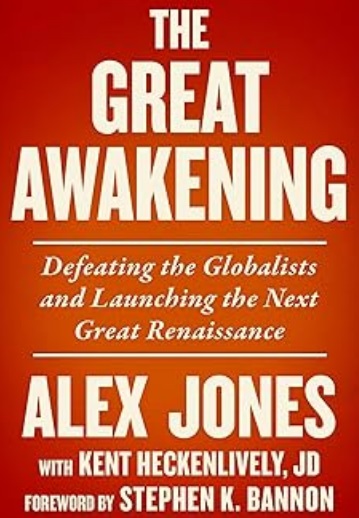



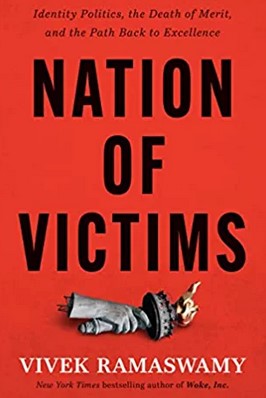
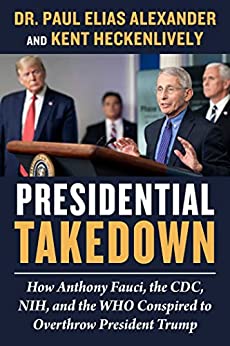

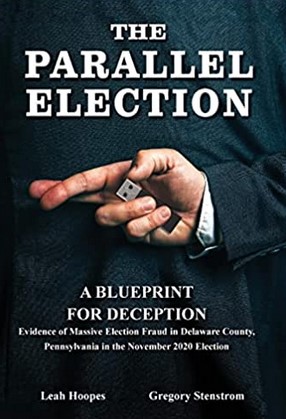









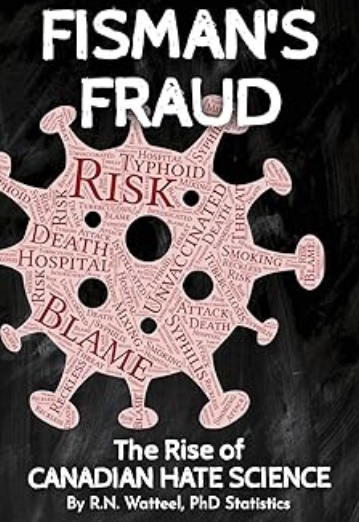













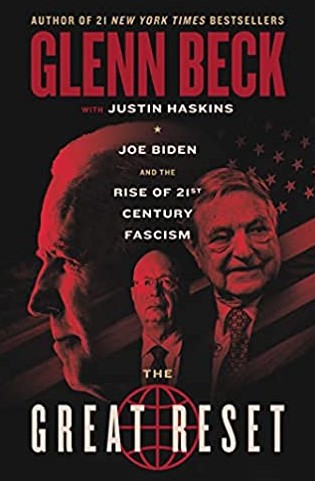






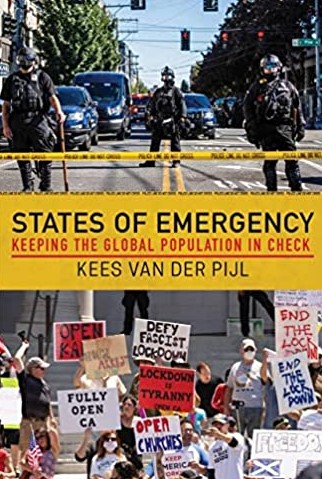

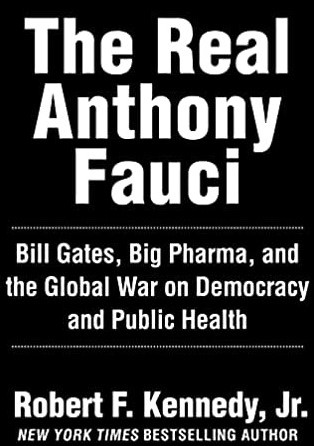


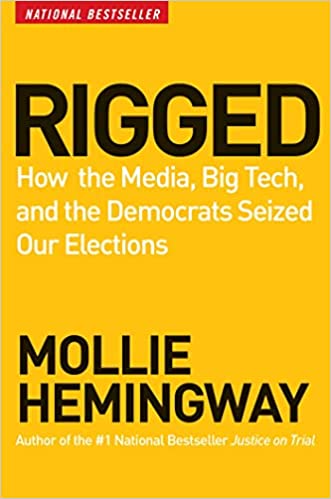








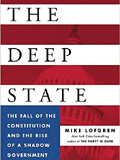

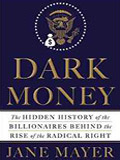



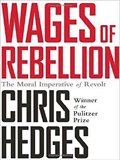
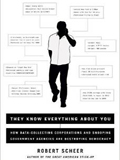





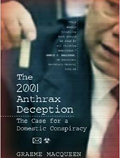


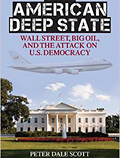



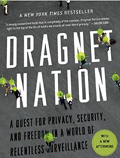




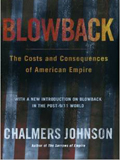




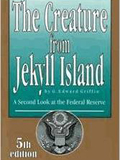




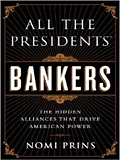





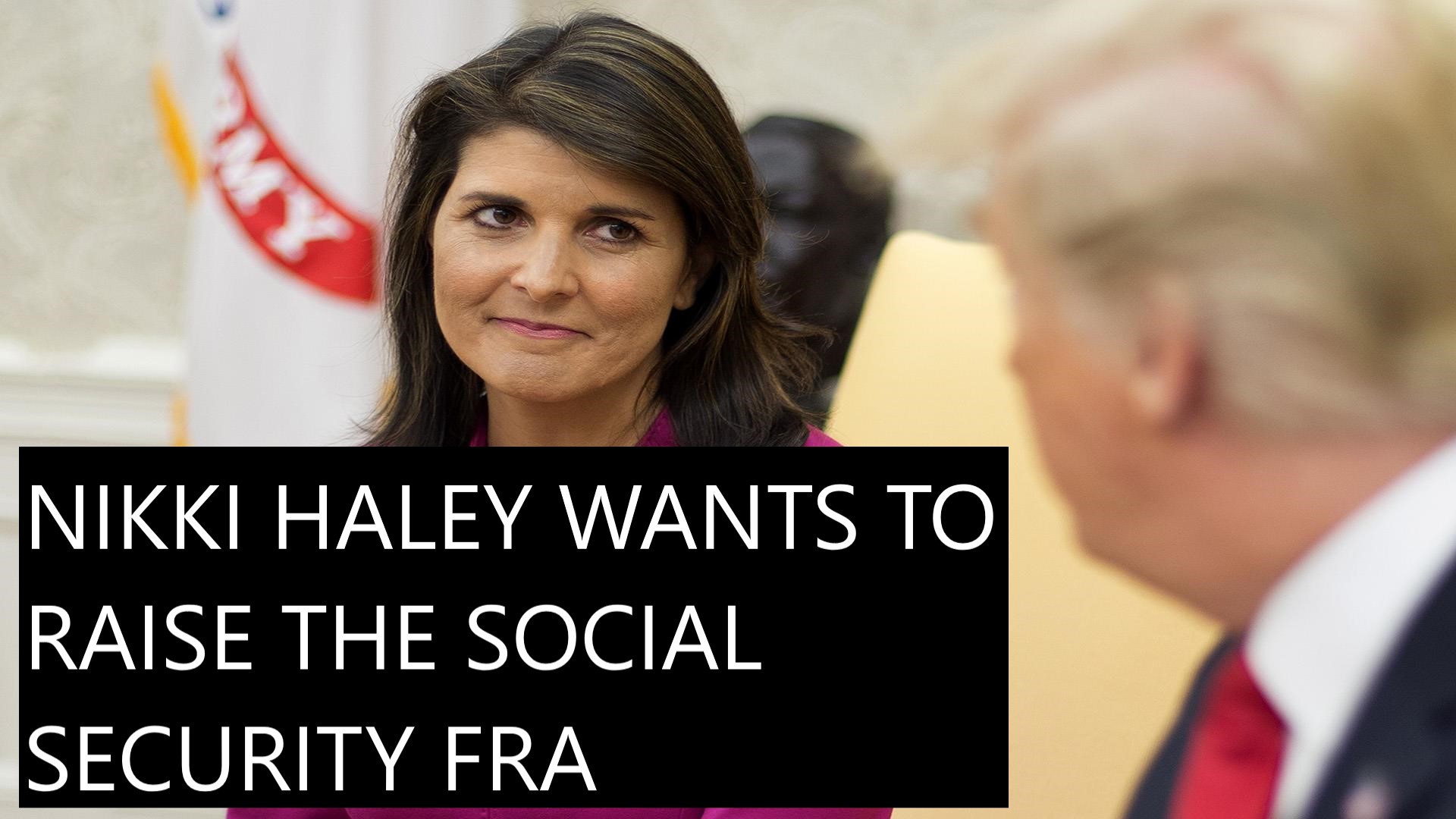



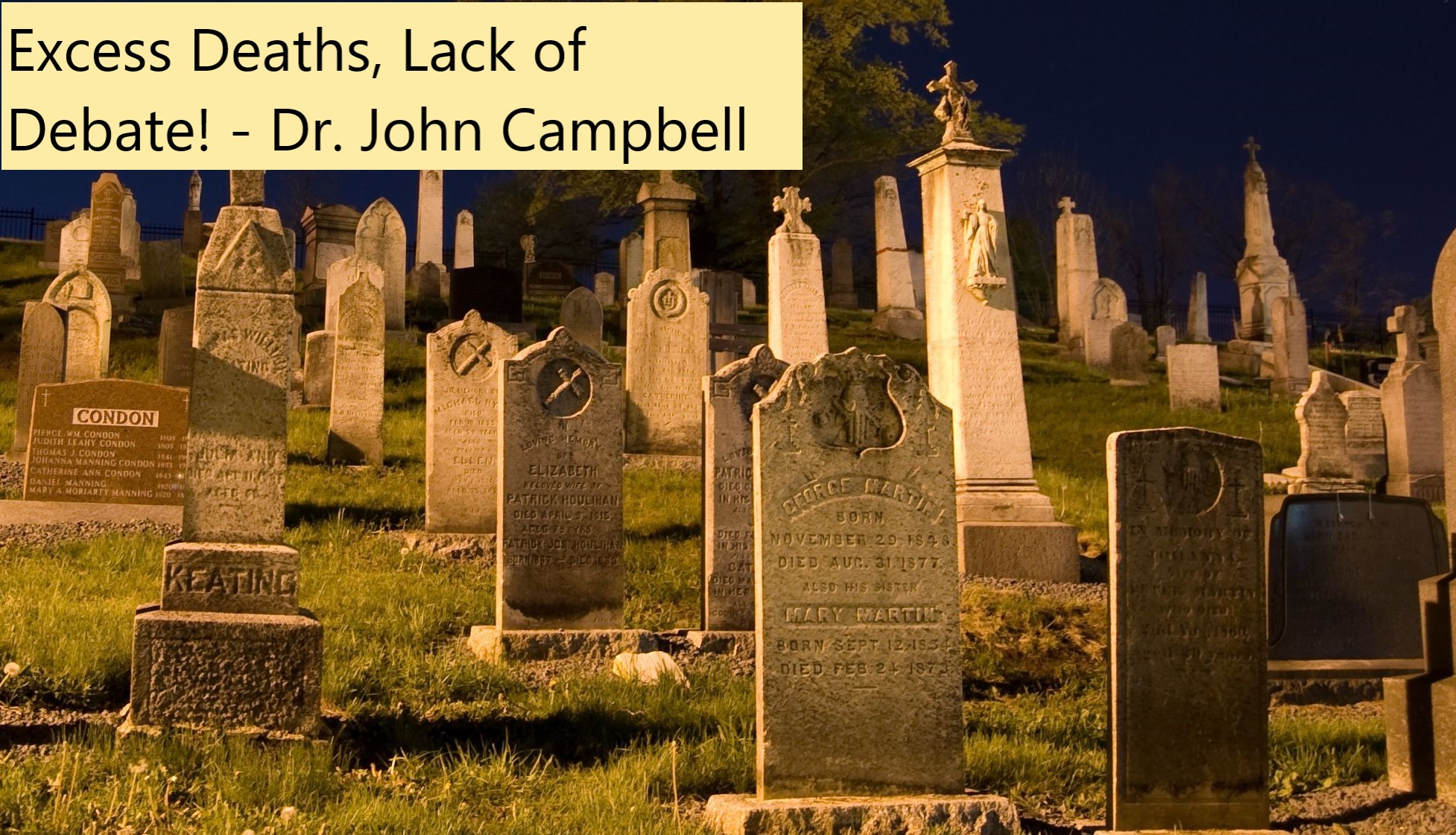






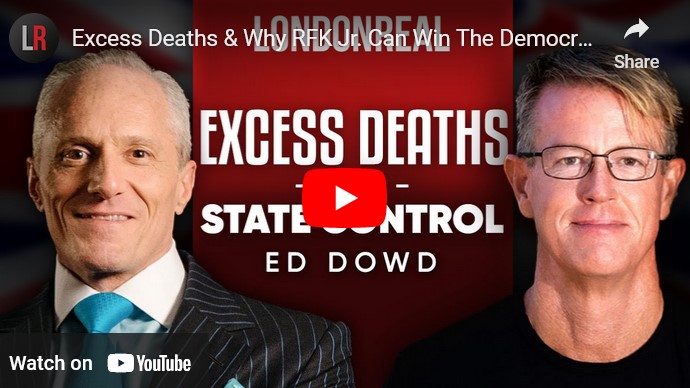






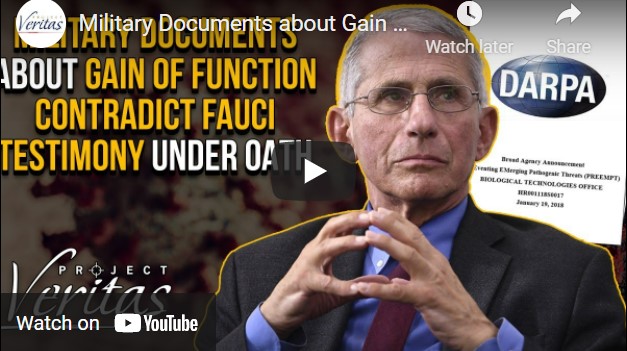





Reader Comments